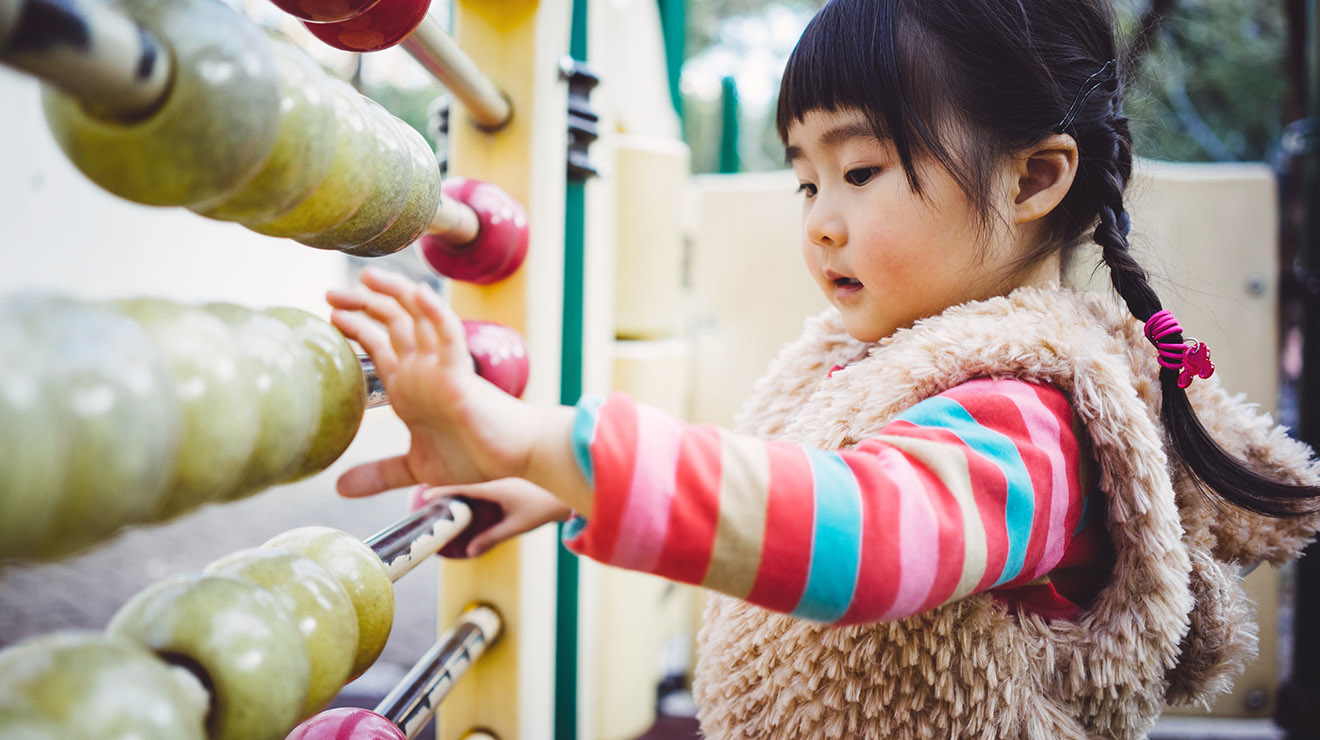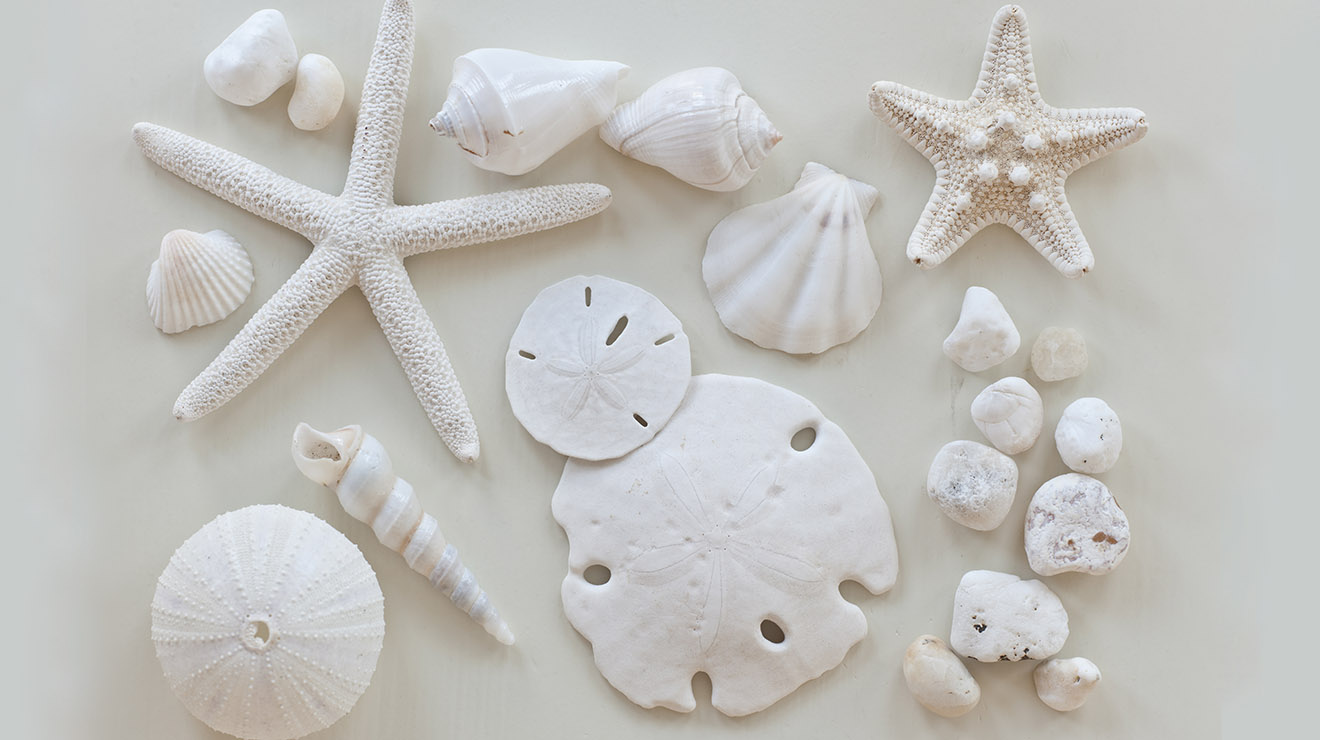Life is a journey, and you never know where the road is going to take you – especially when the time comes to start a family. This is a huge stepping stone in life and one that you may not be ready to jump into, or at least not quite yet. Medical reasons such as chemotherapy for breast cancer treatments may also put childbearing on hold. Whatever the reason, more and more women are moving forward with elective egg freezing – a process that freezes healthy eggs in order to have children later in life.
As women age, the quantity and quality of eggs decline each year, most dramatically declining after the age of 35. By the age of 40, women have only a 5% chance of conceiving. With egg freezing, a woman can serve as her own egg donor when she is ready to conceive later in life.
Why might I consider egg freezing?
The desire to start a family later in life
Personal reasons that delay childbearing
To avoid freezing surplus embryos after an IVF cycle
Seeing as it’s Breast Cancer awareness month, another key reason is medical reasons, including cancer treatment. According to the American Society of Clinical Oncology in the Journal of Oncology Practice, “Oncologists should address the possibility of infertility with patients treated during their reproductive years. Fertility preservation is often possible, but to serve the full range of options, fertility preservation approaches should be considered as early as possible during (cancer) treatment planning.”
Sadly, many oncologists don’t review the impact of different types of breast cancer treatment with their patients. Many of the treatments can severely impact your fertility and can even cause infertility so while the focus is clearly on getting healthy, we recommend you also speak with a local fertility specialist to discuss your fertility preservation options before you start cancer treatment.
How does the process work?
At UNC Fertility, we are highly experienced in elective egg freezing and will educate you on the process every step of the way. This is a brief rundown of how it works…
Step 1: A physician consultation at our North Carolina fertility clinic that includes an in-depth discussion of your needs and expectations, as well as a detailed description of the procedure.
Step 2: Blood work and a pelvic ultrasound to assess the number of eggs in your ovaries.
Step 3: Ovarian stimulation – an eight to twelve-day process that involves fertility hormone injections (gonadotropins) in order to produce more mature eggs than a typical cycle. At this stage of the process, your UNC fertility doctor will determine the exact time to retrieve the eggs.
Step 4: Egg retrieval – a minor outpatient surgery (requiring sedation) where eggs are retrieved from your ovaries through an ultrasound-guided follicle aspiration.
Step 5: Egg vitrification – when eggs are placed in a “vitrification solution” called cryoprotectant, which protects the eggs during the freezing and thawing process.
Step 6: The eggs are carefully placed into liquid nitrogen and stored until you wish to conceive.
Elective egg freezing is an amazing process that makes it possible to extend the biological clock and gives women a chance to have children later in life or when the right time presents itself. Give yourself peace of mind and options to build your future family so you can focus on your health, work, or life right now.
For more information or to schedule a consultation with one of our top physicians at our Raleigh, NC fertility center, please call us at (919) 908-0000.










